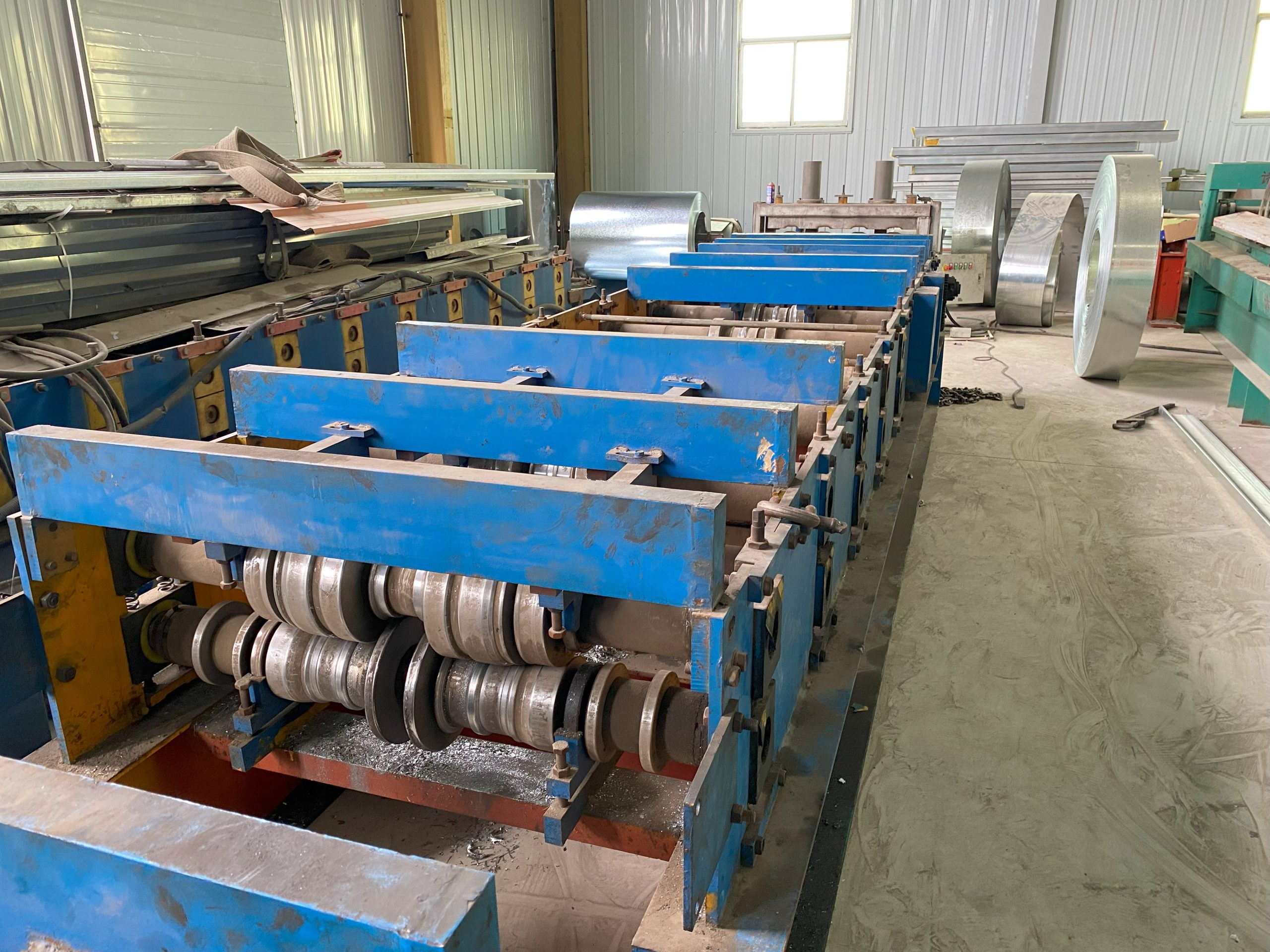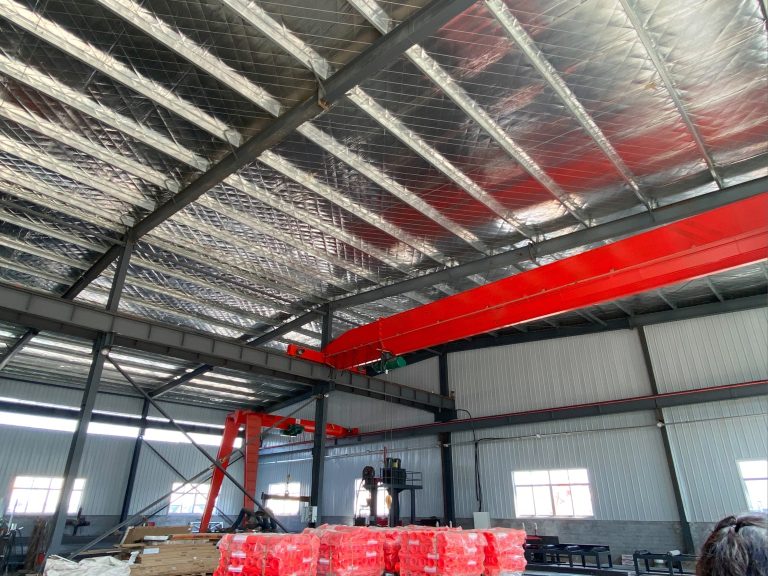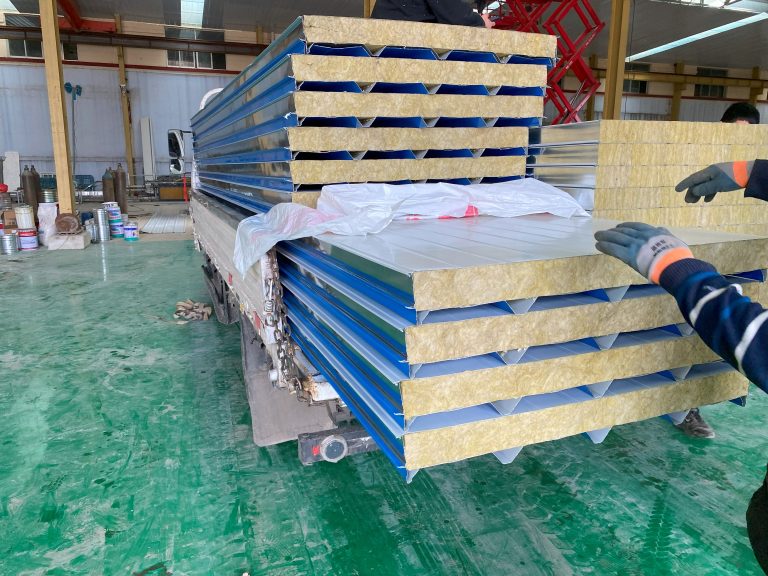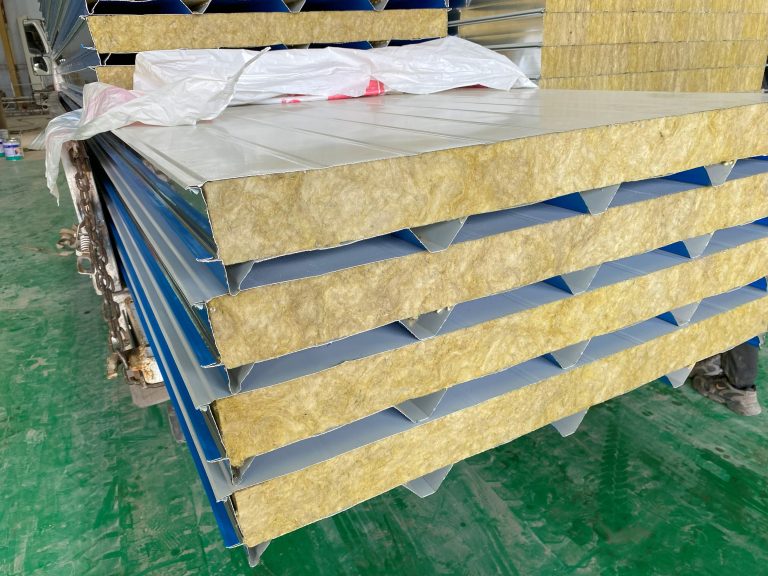Innovative practice of transforming container house into mobile bar
Inhoudsopgave
Creative Ways to Design and Decorate a Container House Mobile Bar
Container houses have become a popular trend in recent years due to their affordability, sustainability, and versatility. These structures, made from repurposed shipping containers, offer a unique opportunity for creative design and decoration. One innovative practice that has gained traction is transforming a container house into a mobile bar. This creative concept combines the functionality of a traditional bar with the mobility of a food truck, creating a one-of-a-kind experience for customers.
The process of converting a container house into a mobile bar involves several key steps. First, the container must be thoroughly cleaned and inspected to ensure it is structurally sound and free of any contaminants. Next, the interior layout is carefully planned to maximize space and functionality. This may involve installing a bar counter, shelving units, and seating areas. The exterior of the container can also be customized with branding, signage, and decorative elements to attract customers and create a unique aesthetic.
One of the main advantages of a container house mobile bar is its portability. Unlike traditional brick-and-mortar bars, a mobile bar can be easily transported to different locations, events, and festivals. This flexibility allows the business owner to reach a wider audience and capitalize on various opportunities throughout the year. Additionally, the compact size of a container house makes it ideal for small spaces or outdoor settings where a larger establishment may not be feasible.
In terms of design and decoration, there are endless possibilities for customizing a container house mobile bar. From rustic and industrial themes to modern and sleek aesthetics, the interior and exterior of the bar can be tailored to reflect the brand identity and target audience. Creative lighting, furniture, and artwork can enhance the ambiance and create a memorable experience for customers. Additionally, incorporating sustainable materials and eco-friendly practices can align with the growing demand for environmentally conscious businesses.
When it comes to operating a container house mobile bar, there are several considerations to keep in mind. Licensing and permits may be required depending on the location and type of events the bar will be serving at. Health and safety regulations must also be adhered to, including proper food handling and sanitation practices. Marketing and promotion are essential for attracting customers and building a loyal following. Social media, word-of-mouth, and collaborations with other businesses can help generate buzz and increase visibility.
Overall, transforming a container house into a mobile bar is a creative and innovative practice that offers a unique business opportunity. By combining the sustainability of repurposed materials with the mobility of a food truck, entrepreneurs can create a memorable and profitable venture. With careful planning, design, and execution, a container house mobile bar can stand out in a competitive market and provide a one-of-a-kind experience for customers. Whether serving craft cocktails at a music festival or hosting private events in a scenic location, the possibilities are endless for this creative way to design and decorate a container house mobile bar.
The Benefits and Challenges of Operating a Mobile Bar in a Container House
In recent years, the trend of transforming shipping containers into innovative spaces has gained popularity across various industries. One such creative practice is the conversion of a container house into a mobile bar. This unique concept offers a range of benefits for entrepreneurs looking to enter the hospitality industry, but it also comes with its own set of challenges.
One of the key advantages of operating a mobile bar in a container house is the flexibility it provides. Unlike traditional brick-and-mortar establishments, a container bar can easily be transported to different locations, allowing owners to cater to a variety of events and markets. This mobility opens up a world of opportunities for business owners, enabling them to reach a wider audience and maximize their profits.

Additionally, the compact size of a container house makes it an ideal space for a mobile bar. With limited square footage, owners are forced to get creative with their layout and design, resulting in a unique and intimate setting for patrons. This cozy atmosphere can help create a sense of community and encourage customers to linger longer, increasing the chances of repeat business.
Furthermore, the sustainability aspect of using a repurposed shipping container is another appealing factor for environmentally-conscious consumers. By giving new life to an old container, owners can reduce their carbon footprint and contribute to the growing trend of eco-friendly businesses. This green initiative can also serve as a marketing point, attracting customers who value sustainability and ethical practices.
Despite the numerous benefits of operating a mobile bar in a container house, there are also challenges that come with this innovative practice. One of the main obstacles is the initial investment required to purchase and convert a shipping container into a functional bar. While the cost may vary depending on the size and condition of the container, owners must be prepared to make a significant financial commitment upfront.
Additionally, owners must navigate the complex regulations and permits required to operate a mobile bar in different locations. Each city and state may have its own set of rules regarding alcohol licensing, health and safety standards, and zoning restrictions. It is crucial for owners to do their due diligence and ensure they are in compliance with all legal requirements to avoid potential fines or shutdowns.
Another challenge of running a mobile bar in a container house is the limited space available for storage and equipment. Owners must carefully plan their layout to maximize efficiency and functionality, while also considering the logistics of transporting and setting up their bar at various events. This requires careful coordination and organization to ensure smooth operations and customer satisfaction.
In conclusion, the innovative practice of transforming a container house into a mobile bar offers a range of benefits for entrepreneurs looking to enter the hospitality industry. From flexibility and sustainability to unique design opportunities, there are many advantages to operating a mobile bar in a shipping container. However, owners must also be prepared to face challenges such as high initial costs, regulatory hurdles, and limited space constraints. With careful planning and dedication, running a mobile bar in a container house can be a rewarding and profitable venture for those willing to take on the challenge.







